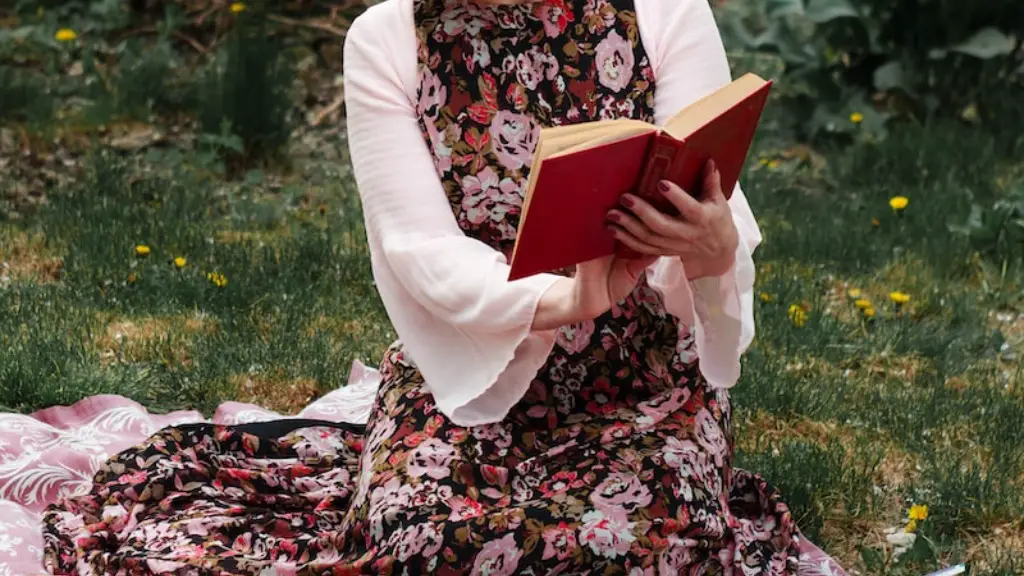Maya Angelou is a renowned American poet, novelist, and civil rights activist. Born on April 4, 1928 she was raised in St. Louis and Stamps, Arkansas by her parents, Bailey and Vivian (Baxter) Johnson. From her childhood days, young Angelou was a fervent reader who loved language and expression. Though Angelou was born in St. Louis, Missouri, she was raised in rural Stamps, Arkansas in the Southern part of the United States, with her grandmother, Annie Henderson. Stamps, with a population of just 750, was home to Angelou from the age of three to eight, except during short trips to visit her mother in St. Louis.
In Stamps, Angelou was immersed in a world of Southern Black culture. Her grandmother was deeply religious and Angelou was educated in spiritual scriptures. She was also deeply aware of the racism that dominated the segregated South of the United States at the time. Following the sudden death of her father, she and her brother were sent to live with their mother. At the age of 14, Angelou moved alone to Oakland, California to live with her mother and stepfather, a navyman.
Angelou’s teenage years in California opened her mind to the world around her. She attended Mission High School and studied dance, drama, and music. She then joined the Harlem Writers Guild in New York before beginning a professional singing and dancing career touring in Europe and in the United States.
But Angelou’s true calling, it seemed, was as a literary figure. She published her first volume of poetry, “Just Give Me a Cool Drink of Water ‘Fore I Die,” in 1971, and the following year published her iconic autobiographical work, “I Know Why the Caged Bird Sings.” This book became a literary masterpiece, becoming the first book of its kind by an African-American woman to reach the best-seller list.
Angelou was an outstanding African-American writer. Her unique ability to turn tragic events and cultural contradictions into poetry, prose and performance gave her so much success. She was unafraid to explore the depths of the African-American experience in a way that was never done before, and that inspired generations of women.
It was in Stamps, Arkansas where Maya Angelou’s formidable poetic voice was shaped. It was her grandmother, her father, and the tightly knit African-American community in Stamps that provided Angelou with the beginnings of the true understanding of courage and endurance that helped her become an acclaimed author and inspiration to many.
The Significance of Stamps
Maya Angelou’s experience in Stamps served to provide the framework for many of her works in the years following. The immeasurable influence of the people and the culture in Stamps is clearly evident in her books. “I Know Why the Caged Bird Sings” (1969) not only recounts Angelou’s childhood experiences in Stamps, but also her development as a sensitive and perceptive writer.
Her upbringing in Stamps was profoundly influential in terms of the themes and messages found in her later works. In some of her books, she shows how the people in the town, of all the different backgrounds, existed in an uneasy harmony, and this touched her deeply. In other books, she explores the way the African American community can offer strength and solace during trying times.
Her biographies, essays, and prose offer an uncensored look at African American life and the role of faith and tradition. In each of her works Angelou incorporates the lessons of acceptance, humility, courage and strength that she learned in Stamps.
Angelou’s interactions with her grandmother and with the other residents of Stamps were formative ones. These experiences fueled her literary work, and gave her an understanding of the history and culture of the African American people and how it is both similar and different from other communities.
Her goal was to challenge conventions and tell the stories of African Americans and the forgotten community of Stamps as honestly, accurately, and empathetically as possible. As such, her works are seen as a powerful tribute to the life and culture of the African-American people.
The Legacy of Saint Louis
Maya Angelou was born in Saint Louis, Missouri. Although only eight months of Angelou’s childhood were spent in this city, the echoes of her childhood here are still felt in her words. In her autobiographies, Angelou often evokes the sights, smells, and sounds of St. Louis.
The city of Saint Louis was an important backdrop to events in Angelou’s early life. As an eight-month-old, she traveled from Stamps to Saint Louis to be near her mother, who had recently remarried, and to participate in everyday activities of an urban lifestyle. She describes going to the ballpark or walking around town, and recalls the flavors of toasted peanuts and the clatter of the streetcar.
Angelou also recalls the people who made an impression on her during her brief stay in St. Louis, like Uncle Willie, a kind, but often melancholic man, who became a major figure in her life. She cites him as an example of how her early years enriched her understanding of people and the comforts they seek and find in each other.
Despite the pain of leaving St. Louis, as well as Arkansas, Maya Angelou learned important lessons. She gained emotional complexity and strength of character so often missing in literary figures before her. Told and retold, Angelou’s stories have had an unpressured and expansive sensibility.
The lessons offered by Maya Angelou’s books are many, but perhaps the most significant of those is her ability to move people and to evoke real emotion. Angelou’s autobiographical reflections combine the hauntingly beautiful moments of a childhood in St. Louis, with the boldness of growing up in Arkansas.
The Impact on Civil Rights Activism
Maya Angelou’s childhood experiences in St. Louis and Arkansas had a strong influence on her later works and in particular, her civil rights activism. In St. Louis and in Arkansas, Angelou encountered and resisted the degradations of prejudice and segregation. She was deeply affected by the Jim Crow laws and the things African Americans faced daily.
This, coupled with her upbringing in Guyana and England, enabled her to gain a wider perspective on the racial issues of her time. Angelou worked closely with influential civil rights activist, Dr. Martin Luther King Jr. and the Southern Christian Leadership Conference. She was a very visible member of the Civil Rights Movement, lending her powerful literary influence and political force to its cause.
Angelou encouraged African Americans to use their voice and power to fight for their rights. Through her activism, she worked to ensure that African Americans had political and economic freedom, and rights as citizens. She also advocated for women’s rights and was a staunch pioneer of the personal is political philosophy.
Angelou shared her powerful spirit and voice with the world, inspiring many generations of women, of all colors and generations, to speak up and to stand up for what they believe in. She was a pioneer in championing civil rights, and strived to keep the movement alive and present even when it seemed forgotten.
The Legacy of Maya Angelou
Maya Angelou’s legacy is one of courage and fortitude. Born in St. Louis, Missouri and raised in the small town of Stamps, Arkansas, Angelou’s life story is one of defying odds and overcoming adversity. Her words often evoke the struggles of African Americans, offering them a ray of hope during difficult times.
She defied labels of race, gender and age. At a time when public discourse was dominated by men, Angelou spoke with a passionate and powerful voice that knew no boundaries. She was determined to use her place in history to highlight the injustices she suffered, but also to establish her place in history.
Angelou wrote autobiographies, poetry and essay collections that spoke of the beauty of life and of heroism in the face of adversity. Her works profoundly impacted society, and will continue to move readers for generations to come. As a great writer and civil rights activist, her influence is immeasurable.
Angelou was an inspiration, mentor, leader and role model for generations of African American and women of color. Even after her death in 2014, her legacy continues and her words still echo in our ears. As her society struggles to bring about end to injustice, Angelou’s works and ideas provide a beacon of hope and perseverance.
Maya Angelou’s life is a testament to the largely untapped potential of African Americans in the United States. Her words still speak to us, reminding us that we all have the power to effect lasting and meaningful positive change in the world.





